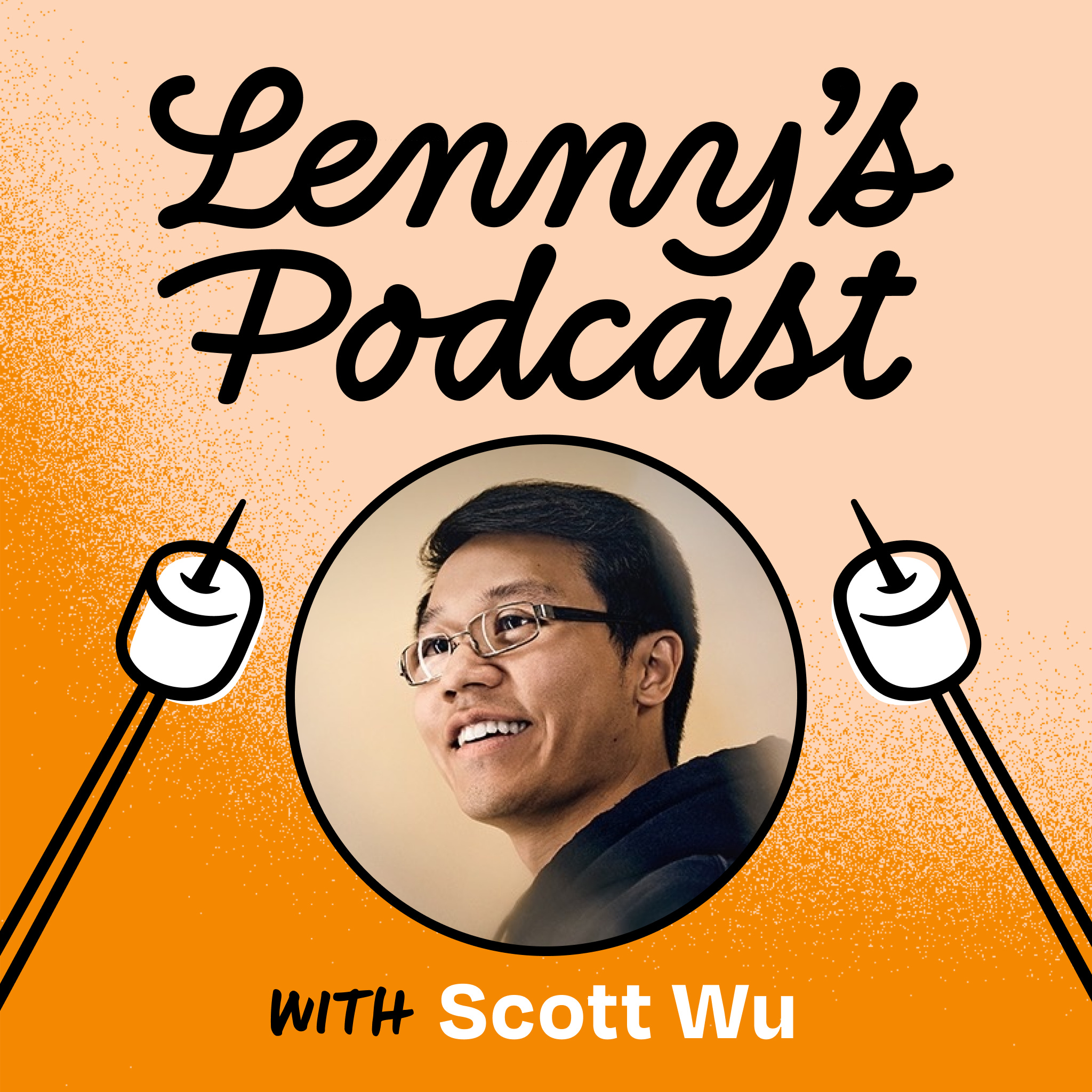
Inside Devin: The world’s first autonomous AI engineer that's set to write 50% of its company’s code by end of year | Scott Wu (CEO and co-founder of Cognition)
🤖 AI Summary
Overview
This episode dives into the groundbreaking work of Scott Wu, co-founder and CEO of Cognition, the company behind Devin—the world’s first autonomous AI software engineer. Devin operates as a junior engineer, capable of handling tasks like writing pull requests, debugging, and creating documentation. The conversation explores how Devin is reshaping software engineering, the cultural shifts required to adopt AI engineers, and the future of programming in an AI-driven world.
Notable Quotes
- AI is going to be the biggest technology shift of our lives.
— Scott Wu, on the transformative potential of AI.
- Devin allows engineers to go from bricklayer to architect.
— Scott Wu, on how AI engineers free up human engineers to focus on high-level problem-solving.
- We expect Devin to handle more than half of our pull requests by the end of the year.
— Scott Wu, on Devin’s rapid adoption and scaling.
🚀 The Rise of Autonomous AI Engineers
- Devin is an AI-powered junior engineer that integrates seamlessly into tools like Slack, GitHub, and Linear, enabling asynchronous workflows.
- Cognition’s 15-person engineering team uses about five Devins per engineer, with Devin already contributing 25% of pull requests—a figure expected to surpass 50% by year-end.
- Devin has evolved from a “high school CS student” at launch to a “junior engineer” today, with capabilities improving exponentially.
🛠️ Transforming Software Engineering
- Devin shifts the role of engineers from bricklayers
(implementers) to architects
(strategists), allowing them to focus on high-level design and problem-solving.
- Tasks like debugging, writing boilerplate code, and creating documentation are handled by Devin, freeing engineers to work on more complex challenges.
- Scott predicts that programming will become even more critical as AI tools amplify human capabilities, leading to more—not fewer—engineering jobs.
📚 Devin’s Unique Features and Use Cases
- Devin creates a wiki for each codebase, documenting architecture and enabling engineers to onboard faster and understand complex systems.
- It integrates with Linear to autonomously scope and execute tasks, such as fixing bugs or implementing features, based on ticket descriptions.
- Devin’s jagged intelligence excels at well-defined tasks but requires human oversight for ambiguous or high-level problem-solving.
🌐 The Future of AI in Engineering
- Scott envisions a future where engineers interact with their products directly, specifying changes in real-time while AI agents handle implementation.
- AI’s growth is unbounded by hardware distribution, making its adoption and impact exponentially faster than previous technological revolutions like the internet or mobile phones.
- Cognition’s focus remains on building the best autonomous coding agent, with Scott emphasizing the importance of staying ahead by iterating rapidly and staying close to customer needs.
💡 Cultural Shifts for AI Adoption
- Successful adoption of AI engineers like Devin requires a mindset shift: treating AI as a junior team member that learns and improves over time.
- Early adopters within teams often pave the way for broader adoption by demonstrating Devin’s value through practical use cases.
- Engineers need to embrace asynchronous workflows and invest time in teaching AI tools how to integrate into their specific environments.
AI-generated content may not be accurate or complete and should not be relied upon as a sole source of truth.
📋 Episode Description
Scott Wu is the co-founder and CEO of Cognition, the company behind Devin—the world’s first autonomous AI software engineer. Unlike other AI coding tools, Devin works like an autonomous engineer that you can interact with through Slack, Linear, and GitHub, just like with a remote engineer. With Scott’s background in competitive programming and a previous AI-powered startup, Lunchclub, teaching AI to code has become his ultimate passion.What you’ll learn:
1. How a team of “Devins” are already producing 25% of Cognition’s pull requests, and they are on track to hit 50% by year’s end
2. How each engineer on Cognition’s 15-person engineering team works with about five Devins each
3. How Devin has evolved from a “high school CS student” to a “junior engineer” over the past year
4. Why engineering will shift from “bricklayers” to “architects”
5. Why AI tools will lead to more engineering jobs rather than fewer
6. How Devin creates its own wiki to understand and document complex codebases
7. The eight pivots Cognition went through before landing on their current approach
8. The cultural shifts required to successfully adopt AI engineers
—
Brought to you by:
Enterpret—Transform customer feedback into product growth
Paragon—Ship every SaaS integration your customers want
Attio—The powerful, flexible CRM for fast-growing startups
—
Where to find Scott Wu:
• LinkedIn: https://www.linkedin.com/in/scott-wu-8b94ab96/
—
Where to find Lenny:
• Newsletter: https://www.lennysnewsletter.com
• X: https://twitter.com/lennysan
• LinkedIn: https://www.linkedin.com/in/lennyrachitsky/
—
In this episode, we cover:
(00:00) Introduction to Scott Wu and Devin
(09:13) Scaling and future prospects
(10:23) Devin's origin story
(17:26) The idea of Devin as a person
(22:19) How a team of “Devins” are already producing 25% of Cognition’s pull requests
(25:17) Important skills in the AI era
(30:21) How Cognition’s engineering team works with Devin's
(34:37) Live demo
(42:20) Devin’s codebase integration
(44:50) Automation with Linear
(46:53) W
